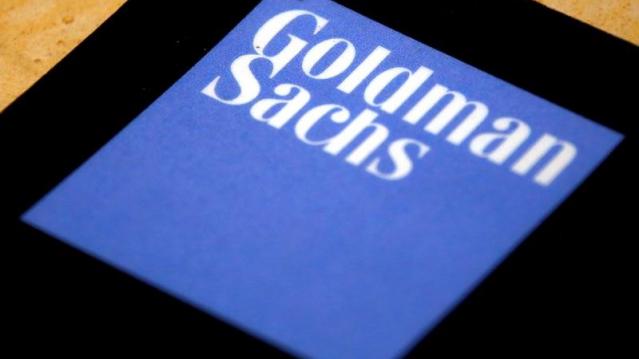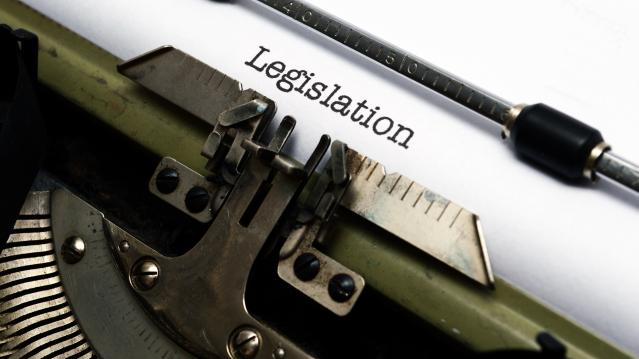Privacy-Focused DuckDuckGo Search Engine Says Traffic Has Soared Since Snowden Leaks

If you haven’t yet heard about DuckDuckGo, you probably will soon.
On its face, the search engine looks much the same as any other. A little more sparse, maybe, but nothing much separating it from, say, Google. There’s a logo and a box for your search.
Where it differs from its peers, though, is what happens when you hit enter.
Though silly in name, DuckDuckGo has a serious ethos: protection of user privacy at all costs. The engine, launched in 2009, shies away from the personalized filter bubbles so adored by search giants like Google and Bing, refusing to track searches or store user data. Users have the option to completely anonymize their search by routing it through the anonymizing TOR network, rendering it even more invisible to prying eyes. DuckDuckGo earns money through simple keyword-targeted advertising, steering clear of the tracking cookies used by more sophisticated ad campaigns.
Though the slavish dedication to privacy has its drawbacks — for example, results are less tailored to the user searching for them, and thus more likely to be irrelevant — the search engine has seen 3 billion searches a year and has a firm community of fans who are attracted to the site’s long-standing defense of user privacy.
Related: News Companies Have Good Reason to Fear Facebook
That ethos seems to be paying off. Gabe Weinberg, CEO of the Pennsylvania-based company, told CNBC last week that the search engine’s traffic has grown 600 percent since Edward Snowden’s 2013 revelations about the large-scale spying conducted by the government. DuckDuckGo’s search traffic was further assisted last year when Apple integrated it into the Safari mobile browser.
DuckDuckGo’s traffic is still tiny compared to the big players — the 3 billion searches a year that Weinberg claimed to have on CNBC is pretty much the same amount of searches that Google traffics in a single day. But DuckDuckGo expects steady growth as average users become increasingly educated about their privacy.
Goldman Sachs Says Corporate Tax Rate Cuts May Get Phased In

Despite the challenges the Republican tax overhaul faces, Goldman Sachs still puts the chances of a plan becoming law by early next year at about 65 percent — but its analysts see some substantial changes coming before that happens. “The proposed tax cut is more front-loaded than we have expected; official estimates suggest a tax cut of 0.75% of GDP in 2018. However, we expect the final version to have a smaller near-term effect as competing priorities lead tax-writers to phase in some cuts—particularly corporate rate cuts—over time,” Goldman said in a note to clients Sunday.
The Hidden Tax Bracket in the GOP Plan

Politico’s Danny Vinik: “Thanks to a quirky proposed surcharge, Americans who earn more than $1 million in taxable income would trigger an extra 6 percent tax on the next $200,000 they earn—a complicated change that effectively creates a new, unannounced tax bracket of 45.6 percent. … The new rate stems from a provision in the bill intended to help the government recover, from the very wealthy, some of the benefits that lower-income taxpayers enjoy. … After the first $1 million in taxable income, the government would impose a 6 percent surcharge on every dollar earned, until it made up for the tax benefits that the rich receive from the low tax rate on that first $45,000. That surcharge remains until the government has clawed back the full $12,420, which would occur at about $1.2 million in taxable income. At that point, the surcharge disappears and the top tax rate drops back to 39.6 percent.”
Vinik writes that the surcharge would have affected more than 400,000 tax filers in 2015, according to IRS data, and that it could raise more than $50 billion in revenue over a decade. At a Politico event Friday, House Ways and Means Chairman Kevin Brady said the surcharge, sometimes called a bubble rate, was included to try to drive more middle-class tax relief.
Read the Republican Tax Bill, Plus the Talking Points to Sell the Plan

House Republicans on Thursday released a 429-page draft of their "Tax Cuts and Jobs Act." Read the bill below, or scroll down for the House summary or a more digestible GOP list of highlights.
Another Analysis Finds GOP Tax Plan Would Balloon Deficits
A study by the University of Pennsylvania’s Wharton School, using the Penn Wharton Budget Model (PWBM), finds that three modeled versions of the plan would raise deficits by up to $3.5 trillion over 10 years and as much as $12.2 trillion by 2040. The lowest-cost plan modeled in the study — a version that would tax corporate income at 25 percent instead of the GOP’s proposed 20 percent and pass-through income at 28 percent instead of 25 percent, among a host of other assumptions and tweaks — would lose $1.5 trillion over 10 years, or $1 trillion after accounting for economic feedback effects. (The budget adopted by Republicans last week allows for up to $1.5 trillion to the added to the deficit.) The study also found that workers’ wages would increase by about 1.4 percent over a decade, far shy of the estimated benefits being claimed by the White House.
The Budget Vote May Depend on a SALT Deal
House GOP members concerned about the proposal to repeal the deduction for state and local taxes are supposed to meet with party leaders Wednesday evening. They’re reportedly looking to reach a compromise deal to keep the tax break in some form — and the budget vote might be at stake, Bloomberg reports: “House Republicans hold 239 seats and need 217 votes to adopt the budget — a critical step to passing tax changes without Democratic support. That means 23 defections could sink the budget resolution — assuming no absences or Democratic support.”
